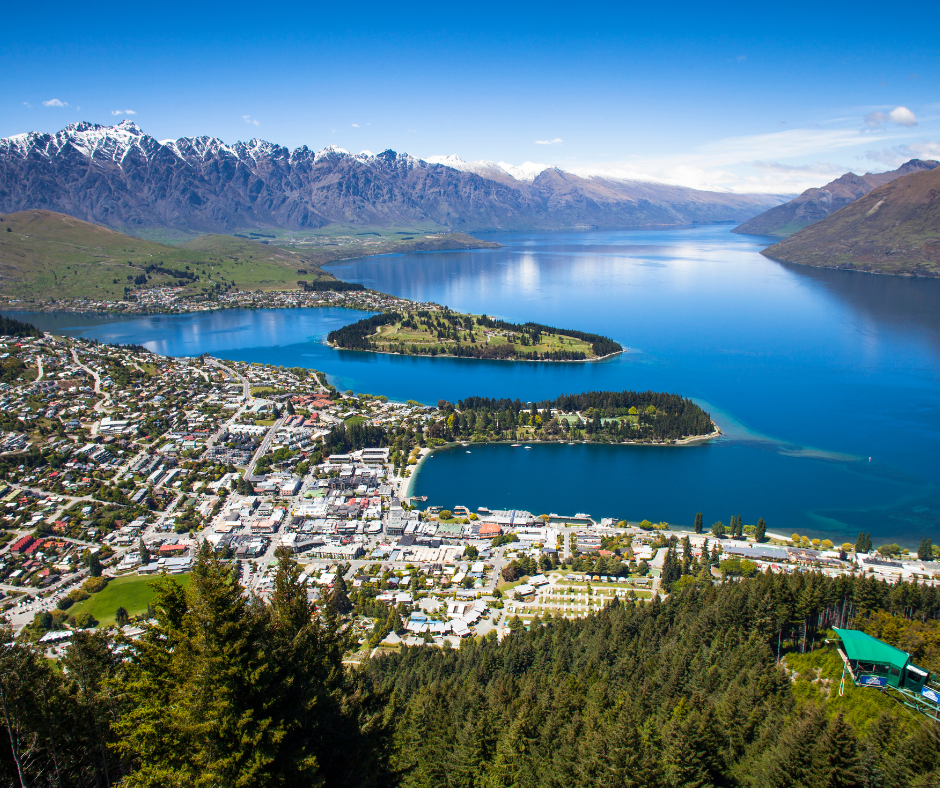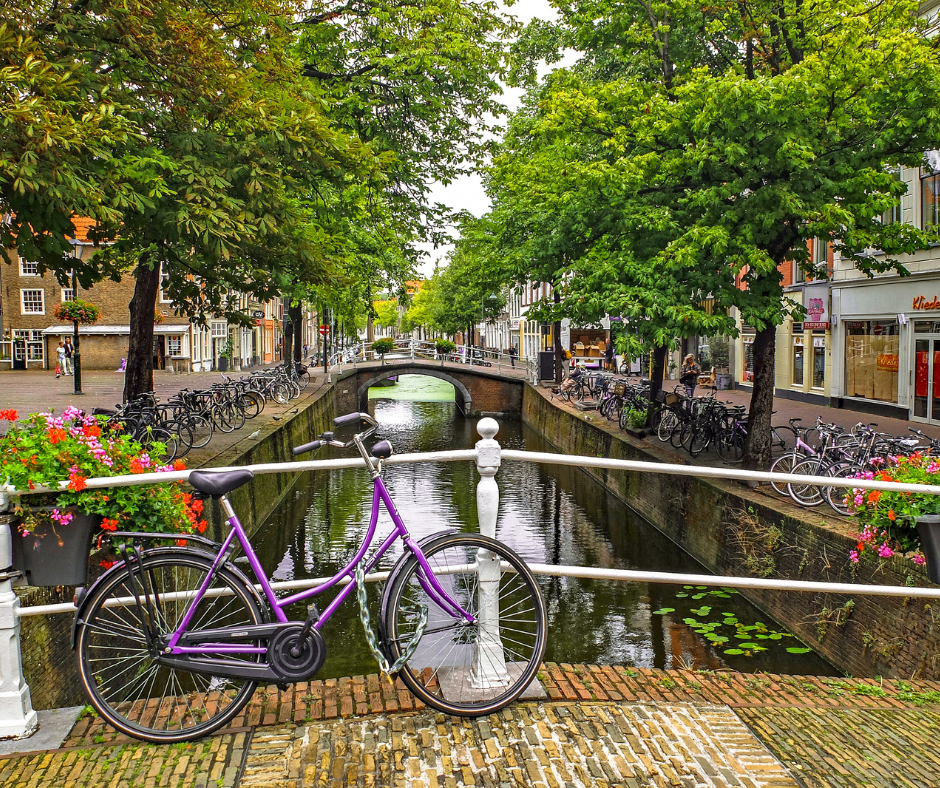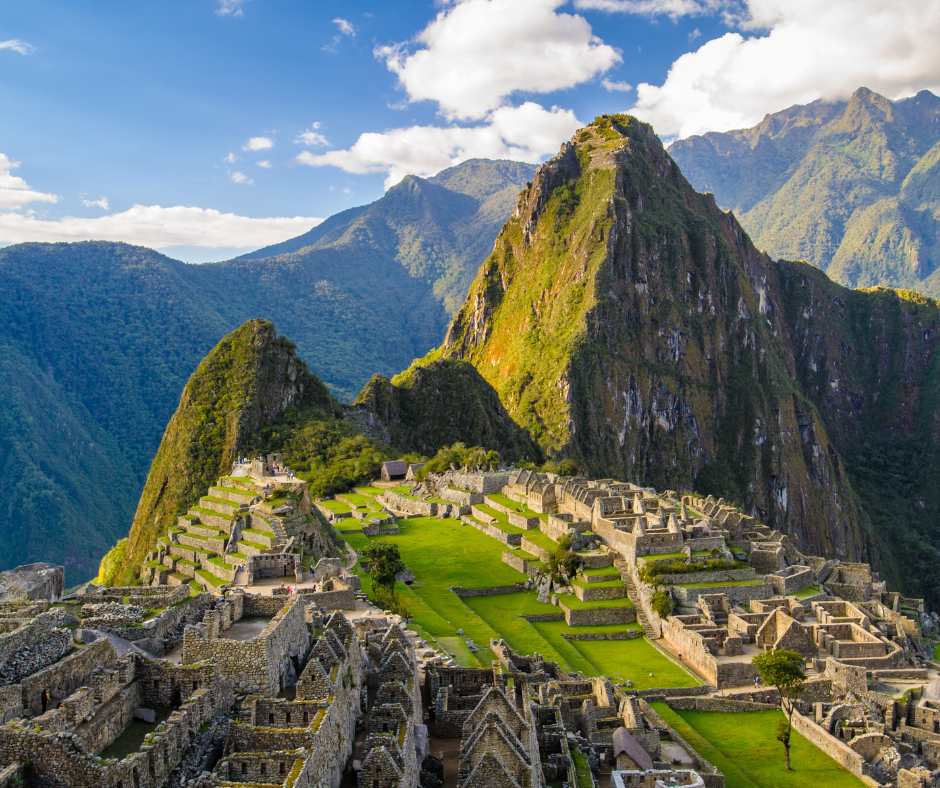
A Journey towards Responsible and Sustainable Exploration
Introduction:
Travelling has evolved beyond the simple act of moving from one place to another; furthermore, it has become an opportunity for personal growth, cultural enrichment, and environmental consciousness. In addition, in this article, we delve into the concept of “Travelling with Purpose,” examining responsible and sustainable travel practices, eco-friendly destinations, and the profound impact such journeys can have on personal development. Consequently, this contributes to a more elevated lifestyle.
Embracing responsible travel practices involves making mindful choices that minimise the negative impact on the environment, culture, and local economies. Moreover, sustainable travel focuses on leaving a positive legacy and creating a harmonious relationship between travellers and the destinations they explore.
Responsible and Sustainable Travel Practices:
1. Reduce Your Carbon Footprint:
- Eco-Friendly Transportation: Consider modes of transportation that have lower environmental impacts, such as trains, buses, or electric vehicles furthermore these options often have a smaller carbon footprint compared to air travel.
- Carbon Offset Programs: Many airlines and organisations offer carbon offset programs where travellers can contribute to projects that reduce or capture greenhouse gas emissions, consequently helping to balance out the environmental impact of their travel.
2. Support Local Economies:
- Local Accommodations: Opt for locally-owned accommodations, boutique hotels, or eco-lodges instead of international hotel chains. In addition this choice not only supports the local economy directly but also provides a more authentic and unique experience.
- Eat Local: Yes find those local markets and eateries to savour regional cuisine, and by choosing local restaurants and street food vendors, you contribute to the livelihood of local entrepreneurs and reduce the carbon footprint associated with imported goods.
3. Cultural Sensitivity:
- Research and Learn: Before traveling, take the time to learn about the local customs, traditions, and social norms. By doing this you understand the cultural context which helps you navigate interactions respectfully and avoid unintentional cultural faux pas.
- Responsible Photography: Be mindful of taking photographs, especially of people. Always seek permission and respect the privacy and dignity of the locals always consider the impact of your actions on the community and their cultural heritage.
Eco-Friendly Destinations:
Choosing destinations with a commitment to environmental sustainability enhances the overall travel experience. I have Picked out some eco-friendly destinations that offer a perfect blend of natural beauty and responsible tourism:
1. Costa Rica:

- Renowned for its commitment to environmental conservation, Costa Rica boasts lush rainforests, biodiversity, and eco-friendly lodges. why not explore national parks, participate in wildlife conservation efforts, and discover the beauty of sustainable tourism.
2. Iceland:
- Geothermal Energy: Iceland is a pioneer in harnessing geothermal energy for electricity and heating. Visitors can explore geothermal areas, hot springs, and even stay in accommodations powered by renewable energy.
- Nature Conservation: Iceland places a strong emphasis on protecting its natural landscapes. Travellers can contribute by following designated paths, respecting wildlife, and supporting businesses with sustainable practices.

3. Bhutan:
Taktsang Palphug Monastery

- Bhutan’s unique approach to Gross National Happiness includes environmental conservation. As a traveller, you can explore its pristine landscapes, ancient monasteries like the photo shown of the Paro Taktsang, commonly referred to as the “Tiger’s Nest” and formally known as the Taktsang Palphug Monastery, is a revered site in Himalayan Vajrayana Buddhism. It is nestled within the cliffs of the upper Paro valley and participate in community-based tourism initiatives.
- Community-Based Tourism: Bhutan offers opportunities for travellers to engage in community-based tourism, staying with local families and participating in activities that support the livelihoods of indigenous communities.
4. New Zealand:
- Sustainable Tourism Initiatives: New Zealand is known for its commitment to sustainability, use eco-friendly accommodations, you should endeavour to participate in conservation projects, and enjoy outdoor activities that showcase the country’s pristine landscapes.
- Maori Culture: Immerse yourself in the rich Maori culture by attending cultural performances, visiting marae (meeting grounds), and learning about traditional art forms.The respect for nature is deeply embedded in Maori traditions.

Beautiful view of Queenstown South Island, NZ
5. Norway:

Fjord Conservation: Norway’s breathtaking fjords are not only a visual spectacle but also a testament to the country’s dedication to environmental preservation. go explore hiking trails, take eco-friendly cruises which has started too take effect and Starting from 2026, ships emitting greenhouse gases will be banned from navigating into Norway’s breathtaking World Heritage fjords. and stay in accommodations with green certifications
Outdoor Adventure: By Engaging in outdoor activities that celebrate Norway’s natural beauty, from dog sledding in winter to hiking and kayaking in the warmer months. These experiences foster a profound connection with nature.
6. Japan:
- Eco-Friendly Technology: Japan seamlessly blends tradition with modernity, by Exploring eco-friendly cities like Kyoto, known for its historic temples and commitment to green initiatives why not even try the local recycle workshops for a hands on experience .
- Cultural Festivals: Plan your visit to coincide with traditional festivals, such as cherry blossom season or Gion Matsuri in Kyoto. These events showcase Japan’s cultural heritage and offer opportunities for cultural exchange.

7. Netherlands:

- Cycling Culture: where better to get on your bike than the Netherlands’ and its renowned cycling culture to explore cities and countryside sustainably. Bike-friendly cities like Amsterdam prioritise eco-friendly transportation, contributing to reduced carbon emissions.
- Sustainable Architecture: Discover eco-friendly architecture in cities like Rotterdam, known for its innovative sustainable design. If time allows visit sustainable buildings and urban projects that showcase the Netherlands’ commitment to environmental consciousness.
8. Australia:
- Great Barrier Reef Conservation: Australia is home to the Great Barrier Reef, a UNESCO World Heritage Site, and by choosing eco-friendly operators for snorkelling and diving activities, and contribute to reef conservation efforts.
- Indigenous Culture: Learn about and respect Australia’s Indigenous cultures, by Engaging in cultural experiences, such as Dreamtime storytelling and art workshops, gains a deeper understanding of the country’s diverse heritage.

9. Sweden:

- Swedish Archipelago: Explore Sweden’s picturesque archipelagos, known for their natural beauty and commitment to environmental protection. by staying in eco-friendly cabins, practice sustainable fishing, and appreciate the tranquility of nature.
- Sauna Culture: Experience traditional Swedish sauna culture, emphasising wellness and relaxation. Many saunas are eco-friendly, utilising sustainable materials and energy-efficient heating methods.
10. Peru:
Machu Picchu is a 15th-century Inca citadel in Southern Peru on a 2,430-meter mountain range.
- Inca Heritage: Discover the cultural and historical significance of Peru, particularly the iconic Machu Picchu. Choose responsible trekking operators, support local communities along the Inca Trail, and learn about the preservation of this UNESCO World Heritage Site.
- Amazon Rainforest: Explore the Peruvian Amazon with eco-friendly lodges and guided tours that prioritise conservation. Engage in wildlife observation, participate in reforestation efforts, and learn about the importance of the rainforest ecosystem.

11. Switzerland:
The world-famous Bernina Express, Operated by Rhaetian Railway , run on over 75% hydropower

- Alpine Sustainability: Switzerland’s Alpine regions offer stunning landscapes and a commitment to sustainable tourism. Enjoy eco-friendly hiking trails, why not stay in Alpine chalets with green certifications, and support local dairy and agriculture.
- Public Transportation: Experience Switzerland’s efficient and eco-friendly public transportation system. by using trains and cable cars provide scenic routes while minimising the environmental impact of travel.
12. Chile:
Torres del Paine National Park
- Patagonian Wilderness: Explore Chilean Patagonia, a region known for its breathtaking landscapes and commitment to conservation. By engaging in responsible trekking, wildlife observation, and support local initiatives that protect the unique ecosystems.
- Cultural Diversity: Chile is home to diverse indigenous cultures. take time to learn about the traditions of the Mapuche people, participate in cultural events, and support local artisans to contribute to the preservation of Chile’s cultural heritage.
Incorporating these destinations into your travel plans allows for a diverse range of experiences that align with the principles of responsible and sustainable travel, In doing so you are contributing to a more meaningful and elevated exploration of the world.

Homestays and Local Experiences:
Opt for homestays to immerse yourself in the daily lives of locals. you should participate in traditional ceremonies, learn local crafts, and share stories with your hosts for a more profound cultural connection.
Volunteer Tourism:
Engage in volunteer projects that align with local needs. this enables you to contribute to environmental conservation, education, or community development, so volunteering allows you to make a positive impact while gaining a deeper understanding of the destination.
Cultural Workshops and Classes:
Enrol in cultural workshops, cooking classes, or art sessions to gain hands-on experience and insights into the local way of life. by utilising these experiences not only contributes to cultural preservation but also provides a sense of accomplishment.
Travelling for Personal Growth:
The transformative power of travel lies in its ability to broaden perspectives, why not foster self-discovery, and cultivate a sense of global citizenship. Here’s how traveling with purpose contributes to personal growth:
Cultivating Empathy:
Experiencing diverse cultures, by mixing and meeting people from different walks of life, and witnessing various lifestyles cultivate empathy. This understanding of others fosters personal growth and a more compassionate worldview.
Adaptability and Resilience:
Navigating unfamiliar environments, facing language barriers, and adapting to new customs enhances adaptability and resilience. These qualities contribute to personal development, instilling a sense of confidence and resourcefulness.
Expanding Perspectives:
Exposure to different cultures challenges preconceptions and expands perspectives. It encourages open-mindedness, flexibility, and a willingness to embrace change, which fosters a more elevated and enlightened mindset.
Conclusion:
In conclusion, travelling with purpose involves a conscious effort to make choices that benefit not only the traveller but also the destinations visited. By adopting responsible and sustainable travel practices, by choosing eco-friendly destinations, and engaging in culturally enriching experiences, individuals can embark on a transformative journey of personal growth. This type of travel fosters a deeper connection with the world, promoting empathy, cultural understanding, and a sense of global responsibility. Ultimately, the impact of travelling with purpose extends beyond the duration of the journey, contributing to a more elevated and enlightened lifestyle.